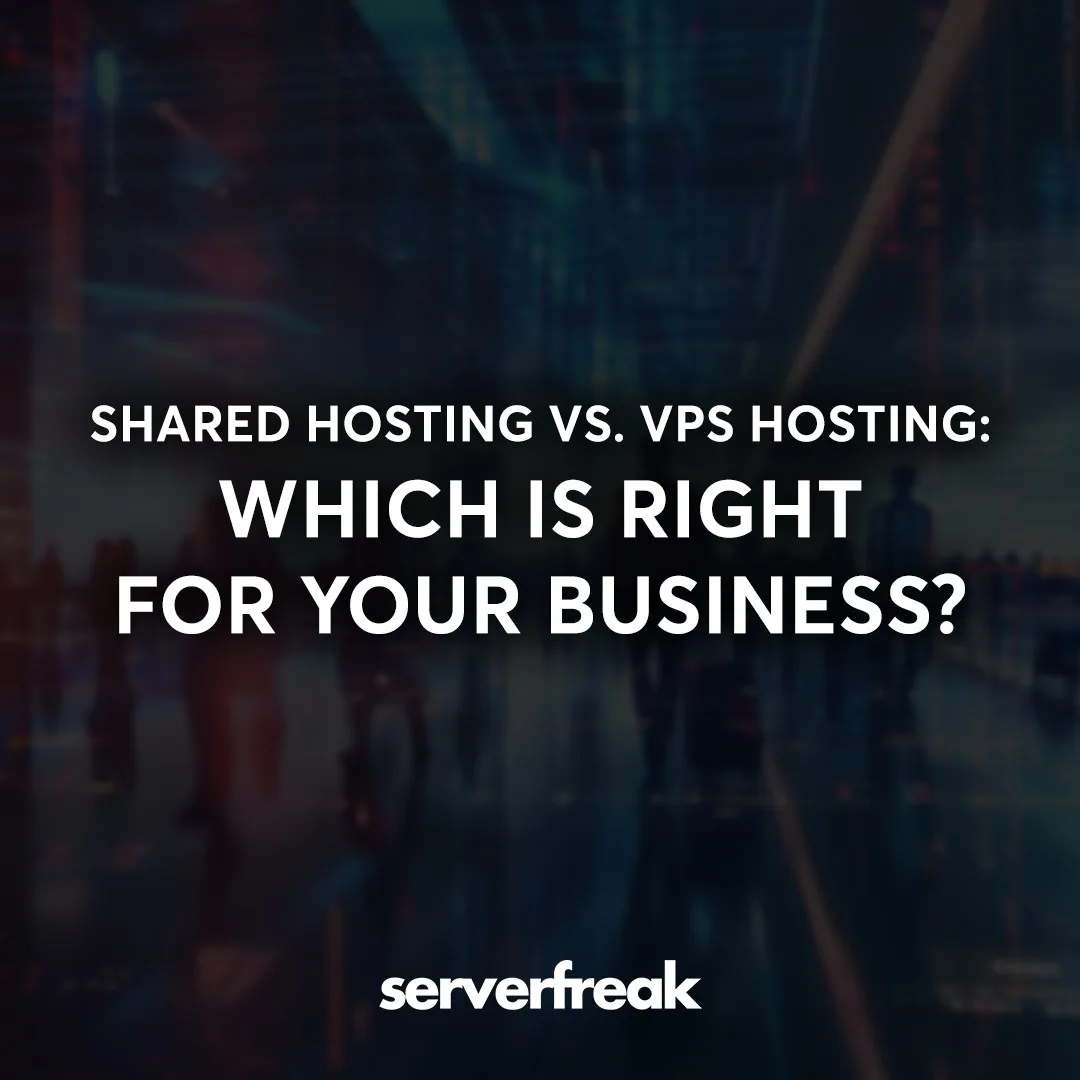Performance, cost, control, and scalability are some of the important differences that exist between shared hosting and VPS hosting. Both options have different advantages depending on your business needs, budget, and growth plans.
SHARED HOSTING: THE BASICS
With shared hosting, your website shares the same server as many other websites. It’s cheap and good for people starting out, but the CPU, RAM, and bandwidth resources are given among other sites.
Advantages
Cost-Effective: It is usually a lot cheaper than VPS hosting, thus qualifying it as the best option for small businesses or personal websites on a strict budget.
Easy to Use: Most of them are also endowed with easy-to-use control panels, and the managing of them requires very minimal technical knowledge.
Maintenance-free: Maintenance of servers, installation of software, and security updates-the hosting service provider will take care of all that.
Disadvantages
Limited Resources: Since the resources are shared, this, of course, directly means that performance could be affected at any moment other sites on the server receive high traffic or consume many resources.
Less Control: You have limited access to server configurations and customizations, which might be a drawback if you need those setups.
Scalability Issues: Shared hosting is not that scalable. When your website begins to grow, it soon outgrows the shared environment hence, will need shifting to a VPS or a dedicated server.

SUITABLE FOR:
1. Low-traffic small businesses, blogs, or personal websites.
2. Startups that do not foresee sudden surges in traffic.
3. The user who prefers less technical involvement.
VPS HOSTING: THE BASICS
VPS hosting is basically the step up to your shared hosting whereby a physical server is divided into virtual servers. Each virtual server operates independently, giving you much more control and dedicated resources.
Advantages
Dedicated Resources: You’re given your own assigned resources; CPU, RAM, and bandwidth are yours alone, so your website isn’t affected by other websites on the server.
Better Performance: With VPS hosting, you get faster load times, improved uptimes, and better overall performances compared to shared hosting.
More Control: VPS hosting will provide root access to install custom software, manage server settings, and configure the environment according to your preference.
Scalable: As your business grows, the host can scale VPS hosting easily rather than shared hosting. You can add more resources without having to migrate to a new plan.
Better Security: Because the environments are isolated from each other, problems caused by vulnerabilities on other sites would not affect you in VPS hosting, which means it involves better security.
Disadvantages
Higher Price: VPS hosting is more expensive compared to shared hosting, quite understandable since you get to enjoy dedicated resources and increased control.
Requires Technical Expertise: Besides, it requires a bit more technical expertise to set up, manage, and maintain your VPS hosting. Some service providers do provide managed VPS plans to handle that for you.
SUITABLE FOR:
Growing businesses or websites with moderate to high traffic. E-commerce sites or web applications that require custom configurations and high security. Users who need more control and resources than shared hosting can provide.
Which Is Right for Your Business?
Choose Shared Hosting if:
You are starting a small website, blog, or portfolio with low to moderate traffic. Your business has a limited budget, and you want simplicity and ease of use.
For now, you don’t need high-performance and custom configurations.
Go for VPS hosting if:
Your website has outgrown shared hosting, or if your traffic spikes at any moment. You run an e-commerce website or a business application, or have any kind of project which needs dedicated resources, better performance, and more controls. You foresee your business scaling up in the near future, and require a hosting environment that will easily scale.
The security of your website or business is highly critical.
Conclusion
Generally speaking, shared hosting works just great for smaller sites or those firms that are just starting out, as it is cheap and easy. On the other hand, if you want to grow your website, have full control over it, or enjoy good performance and security, VPS hosting provides an efficient solution because your business will be able to scale along with the server.
If you need more information, you can contact us at help.serverfreak.com via live chat.

Hand-picked related articles
Ways to Improve Your Site’s Ranking (SEO)
Use these actionable tips to take your SEO to the next level and send your website ranking up to the top of the search engine rankings. Gain more visibility, drive organic traffic, and set your…
Benefits Of SEO
Whether it's a new business or growing one, just think of your business popping up on the first page when…
Who Should Use Shared Hosting
If you fall into any of the categories below, shared server hosting might be suitable for you: 1. Small Businesses…
ServerFreak is ISO 27001:2022 certified
Here are 5 great reasons to cheer Firstly, let us tell you about the cert. ISO 27001:2022 is the world’s…